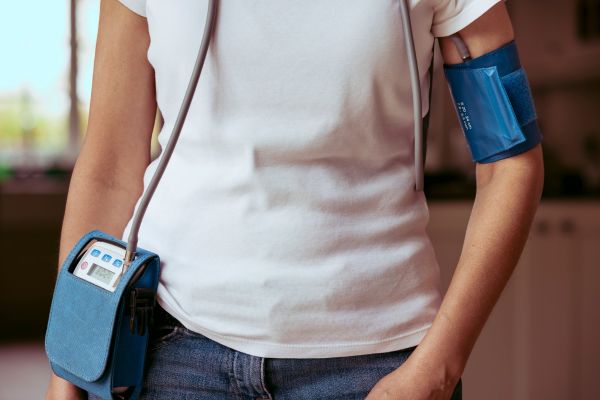
When it comes to heart health, timing is everything. Many heart-related symptoms—like irregular heartbeats, dizziness, or chest discomfort—can come and go, making them difficult to detect during a routine office visit. That’s where ambulatory monitoring steps in.
At Allen Medical Associates, we offer state-of-the-art ambulatory monitoring to help our patients get accurate, around-the-clock insights into their cardiovascular health — all from the comfort of home.
What Is Ambulatory Monitoring?
Ambulatory monitoring is a non-invasive method of tracking your heart’s activity continuously, typically over 24 to 48 hours or longer, using a portable device. It records your heart rhythm while you go about your daily life, capturing irregularities that may not show up during a standard ECG in the clinic.
Who Needs It?
This diagnostic tool is commonly recommended if you:
- Experience unexplained dizziness, fainting, or heart palpitations
- Have intermittent chest pain or shortness of breath
- Are being monitored for an existing heart condition
- Need post-treatment or post-surgical follow-up
Why It Matters
Your heart doesn’t operate on a schedule — so when symptoms are unpredictable, ambulatory monitoring becomes a powerful ally. It can:
Detect arrhythmias or abnormal heart rhythms
Help diagnose conditions like atrial fibrillation or bradycardia
Assess the effectiveness of your current medication
Support early diagnosis and prevention of serious complications
Patient-Friendly and Effective
The devices used are lightweight and easy to wear, meaning minimal disruption to your daily routine. You’ll receive clear instructions on how to wear and care for the monitor, and our team will guide you through the entire process.
Ready to Take the Next Step?
At Allen Medical Associates, your heart health is our priority. If you’ve been experiencing irregular symptoms or just want peace of mind, talk to us about whether ambulatory monitoring is right for you. It could be the step that leads to better answers — and better health.